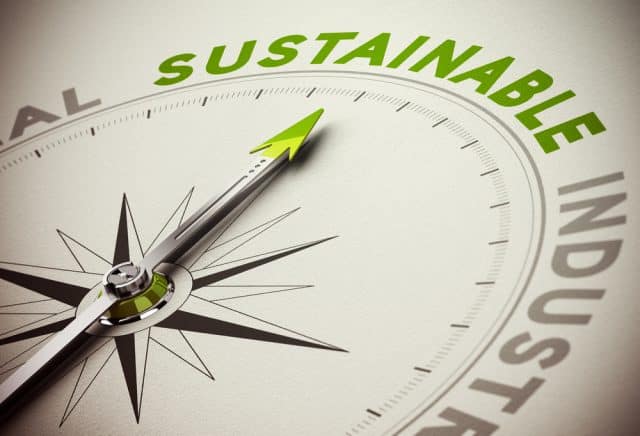End of life data risks sustainability targets

Environmental sustainability has a high to moderate influence on their approach to processing end of life (EOL) data for 88 percent of respondents according to a new survey.
But more than a third (39 percent) of enterprises are yet to implement a plan to reduce their data footprint, leaving them at risk of compliance failures in light of upcoming sustainability regulations.
The global survey of 1,800 respondents by Blancco Technology Group finds 65 percent of respondents say they are confident that their organization is reducing the environmental impact of its IT, but more than a third are not.
The report shows 85 percent of organizations surveyed are measuring their Scope 3 emissions (those not controlled by the organization itself) and 66 percent say they ask their partners and suppliers to report on how they reduce their environmental impact. However, 58 percent, ask their cloud provider to report on how they are reducing the environmental impact of cloud storage, yet 35 percent of organizations do not trust their cloud provider to appropriately manage EOLdata on their behalf.
"While the scale of change required to address the climate crisis may seem daunting, it is an opportunity for ambitious climate action and even competitive differentiation. Businesses can't afford to pay lip service to sustainability with impending regulation coupled with the financial and environmental costs of storing too much data. There are also the significant risks to security created by an ever-expanding attack surface. Incorporating strategies to reduce data footprints that align with sustainability goals and cost reduction must be a matter of priority," says Jon Mellon, president global sales, marketing and field operations at Blancco.
There are additional effects of improving sustainable practices beyond the need to meet regulatory demands. For example, 44 percent of respondents believe that investors and customers favor working with sustainable companies and 51 percent also believe that current and prospective employees favor working for sustainable companies.
You can get the full report from the Blancco site.
Image credit: Olivier26/depositphotos.com
